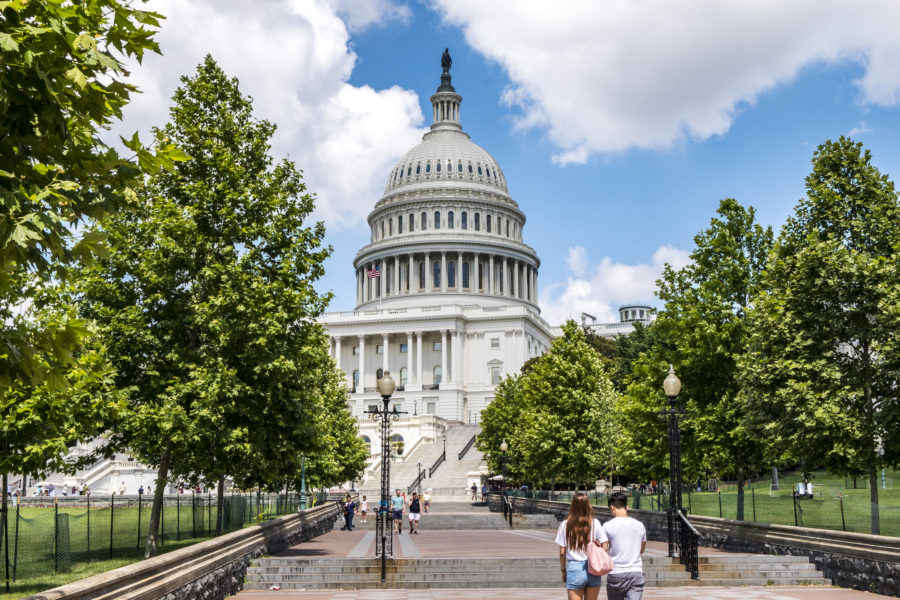
A Confusing Path Forward for Federal Regulation of Cannabidiol Products
Law & Policy InsightsCannabis Legalization and RegulationDietary supplements and foods containing cannabidiol (CBD) are being sold over-the-counter throughout the United States. The over-the-counter sale of dietary supplements and foods containing CBD has created a lot of confusion regarding the legality of this practice because of CBD’s association with marijuana and recent changes in the 2018 Farm Bill.










